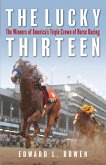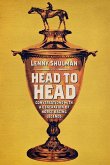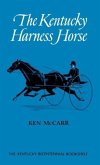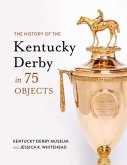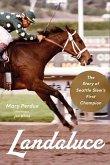"On October 20, 1923, at New York's Belmont Park, Kentucky Derby champion Zev toed the starting line alongside Papyrus, winner of England's greatest horserace, the Epsom Derby. The $100,000 purse for the novel intercontinental showdown was the largest in the history of America's oldest sport. Few happenings had ever received more attention in American newspapers. For weeks leading up to the race, reporters filled sports pages with updates, gossip, and fawning profiles of the equine contestants and the people associated with them, including Zev's owner, the maligned oil tycoon Harry F. Sinclair. Americans rallied around the oilman's colt even as Sinclair was engaged in a brazen scheme to defraud the United States of millions of barrels of publicly owned oil. As details of Sinclair's central role in one of the most infamous corruption scandals in American history continued to emerge, Zev would become an apt mascot for a nation struggling to reconcile its traditional values with the modern complexities of the Roaring Twenties. In Racing for America, with a focus on the major players involved in the Race of the Century, James C. Nicholson exposes the central role of politics, money, and ballyhoo in the Jazz Age resurgence of the sport of kings, which only a few years earlier had nearly been driven out of existence in the United States by Progressive reformers. Though the Zev-Papyrus face-off was one of the most-hyped sporting events of the early twentieth century, Nicholson reveals why it soon faded from American popular memory when Zev's tainted legacy proved to be incompatible with tenets of national mythology that celebrate America as a place where hard work and fair play lead to prosperity"--
Hinweis: Dieser Artikel kann nur an eine deutsche Lieferadresse ausgeliefert werden.
Hinweis: Dieser Artikel kann nur an eine deutsche Lieferadresse ausgeliefert werden.



